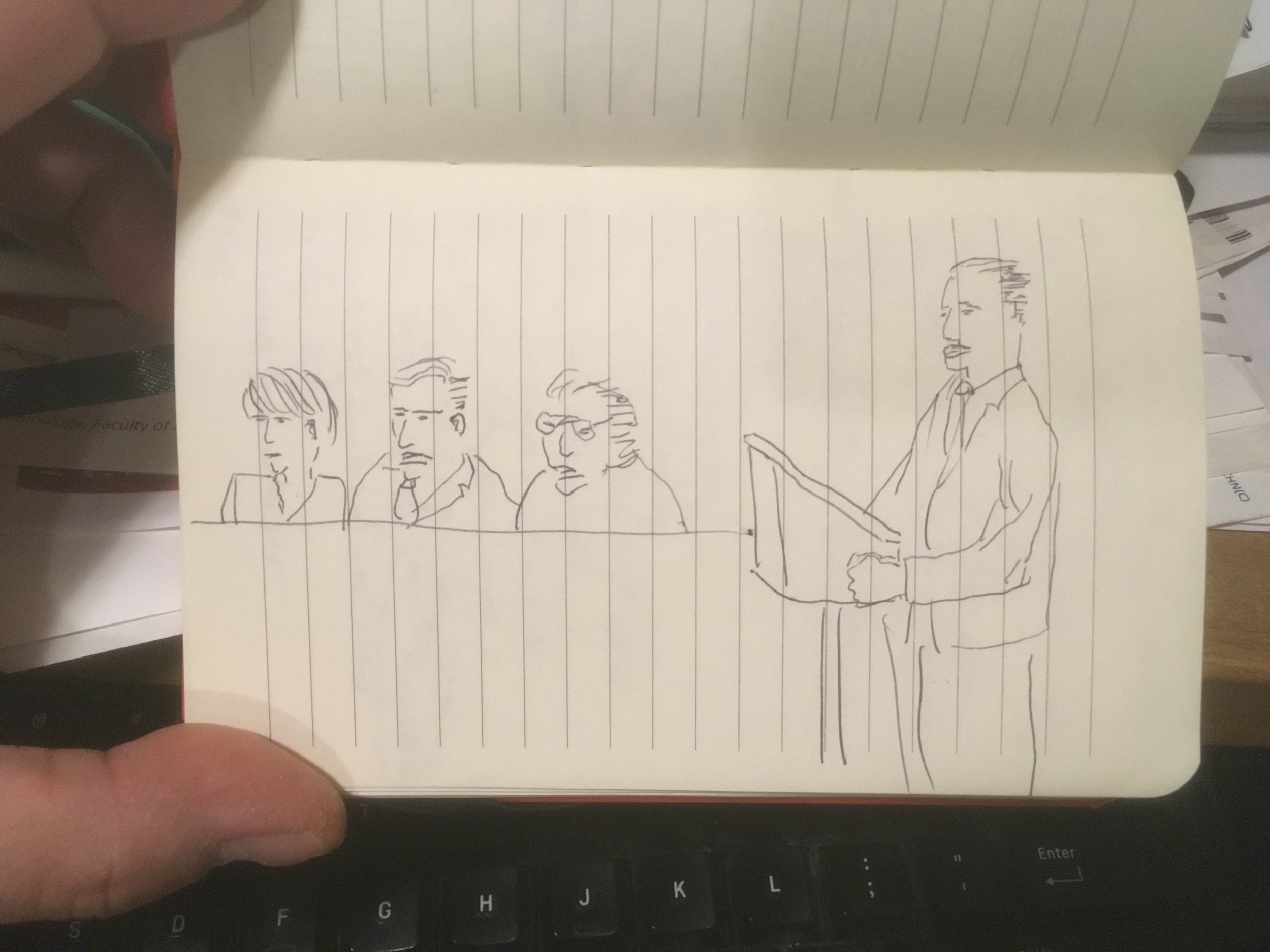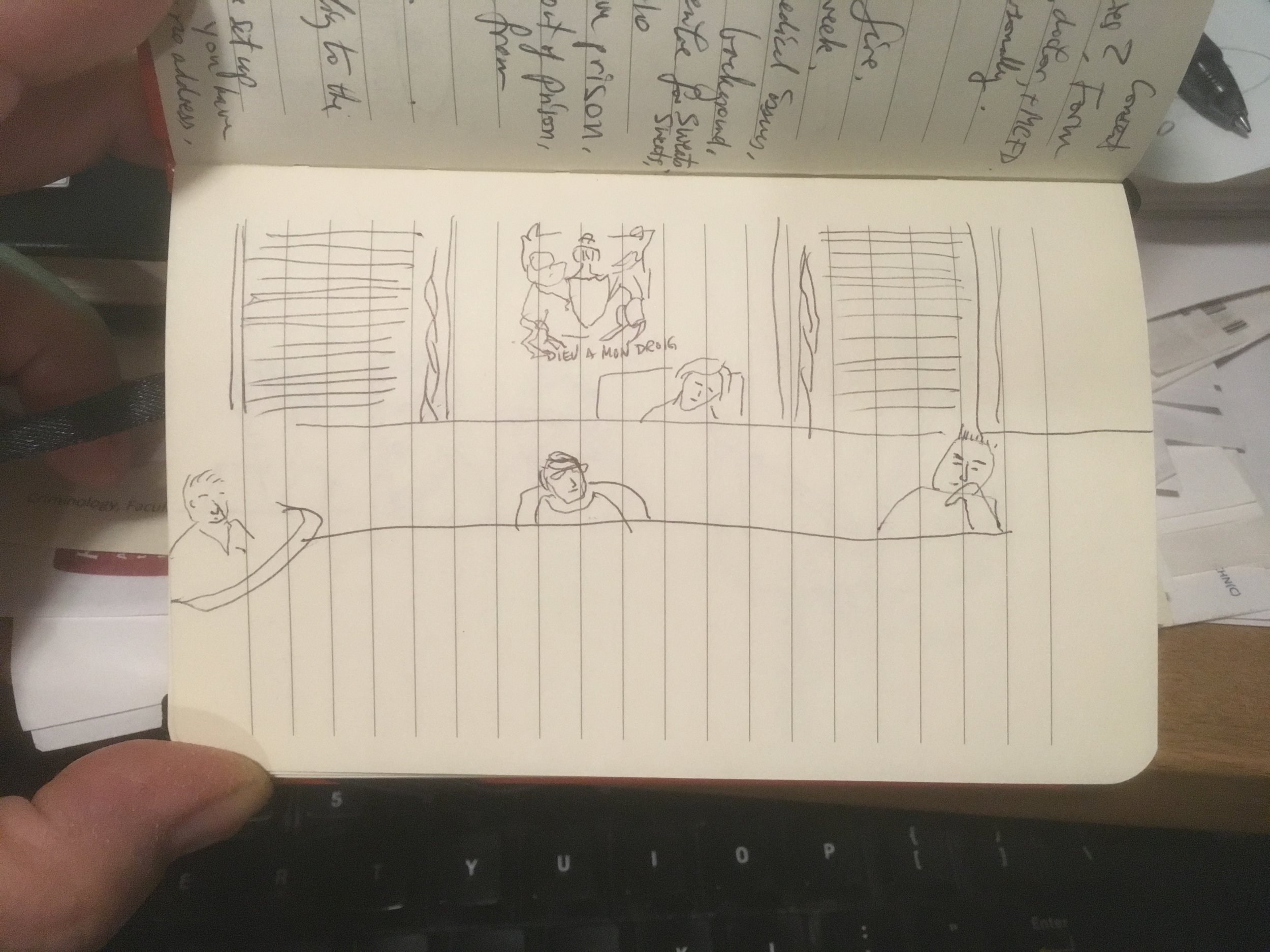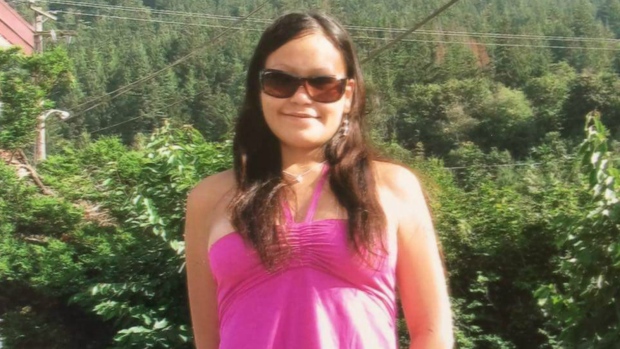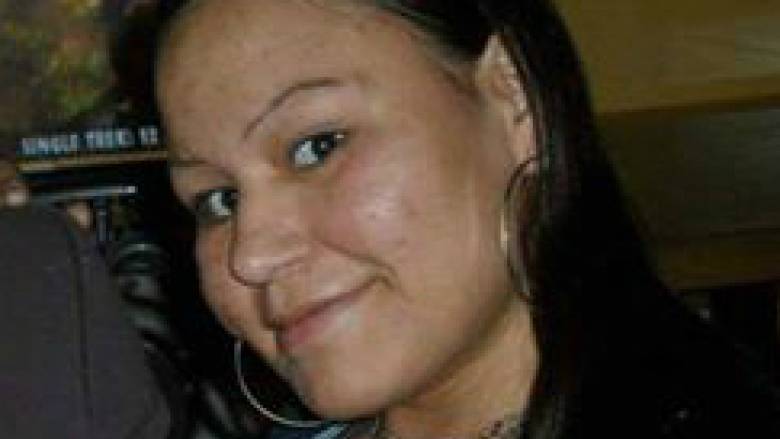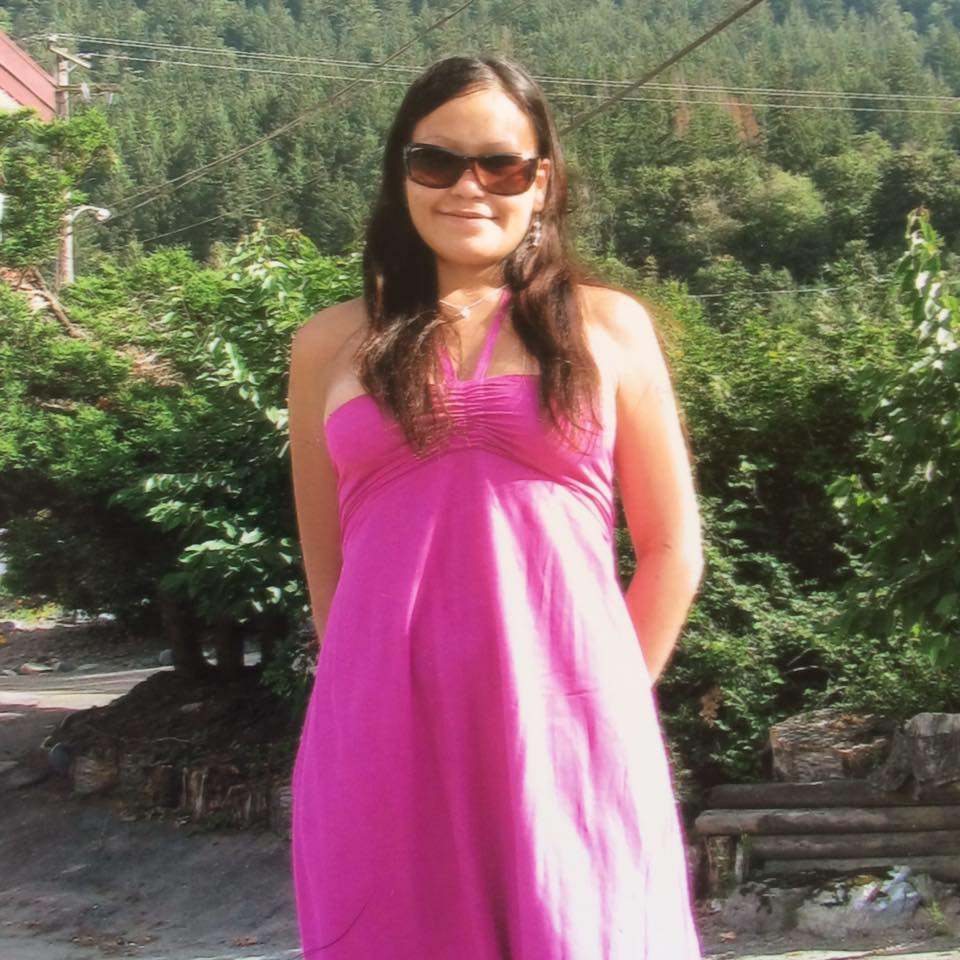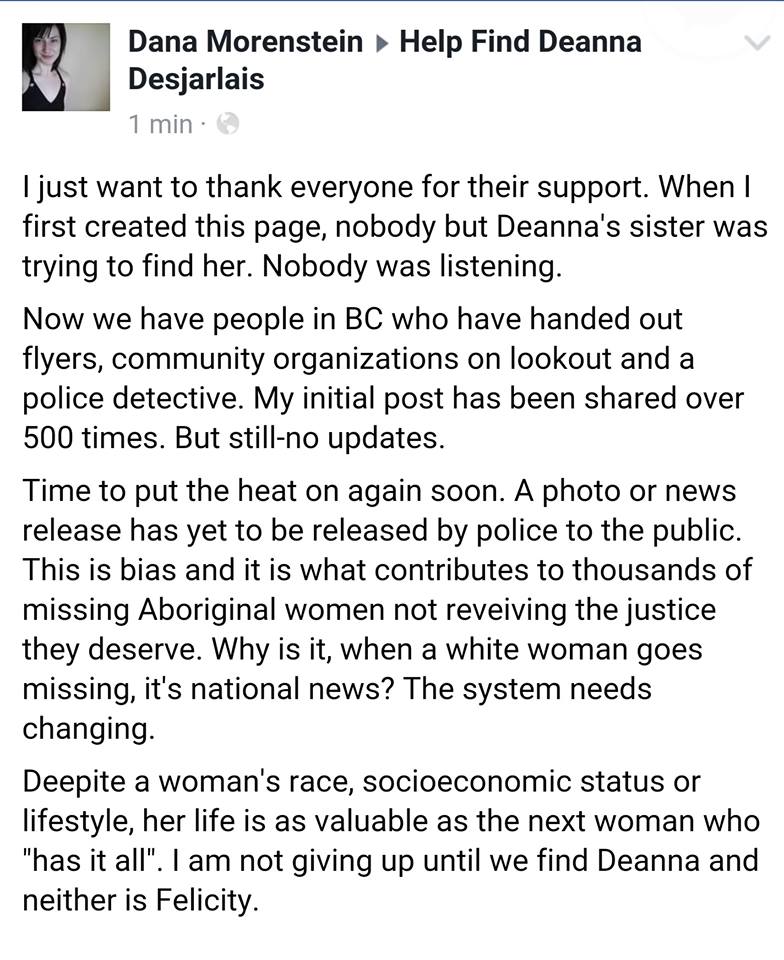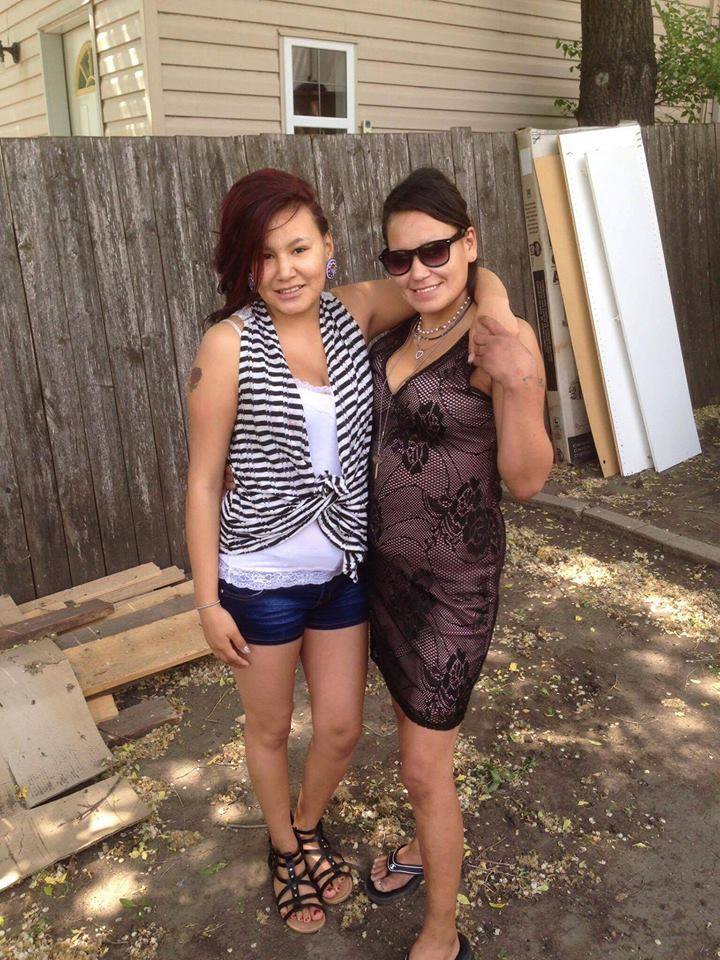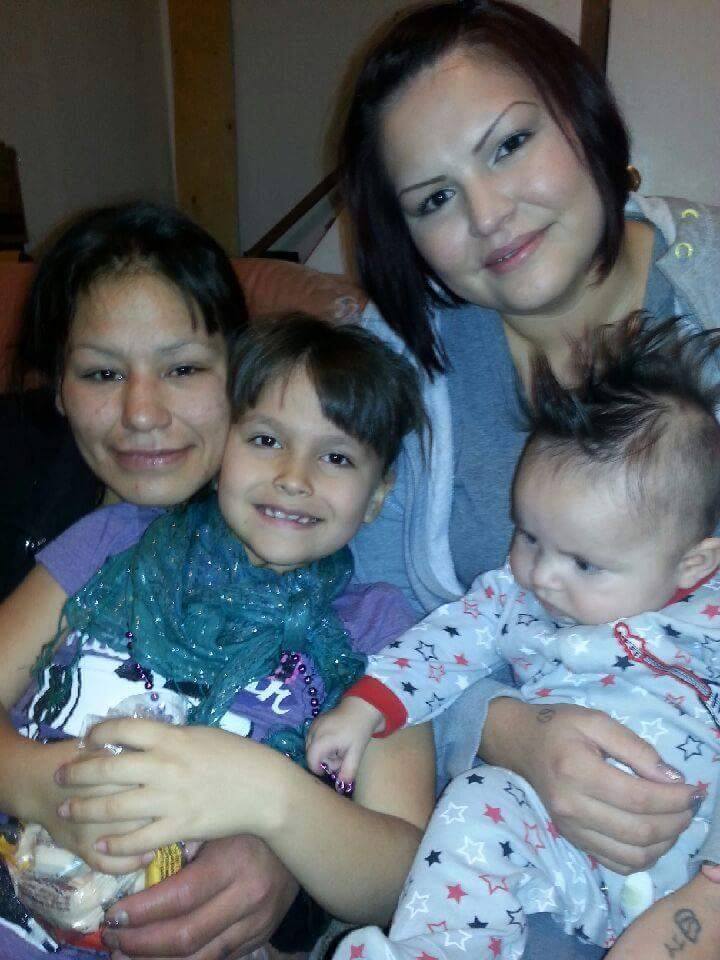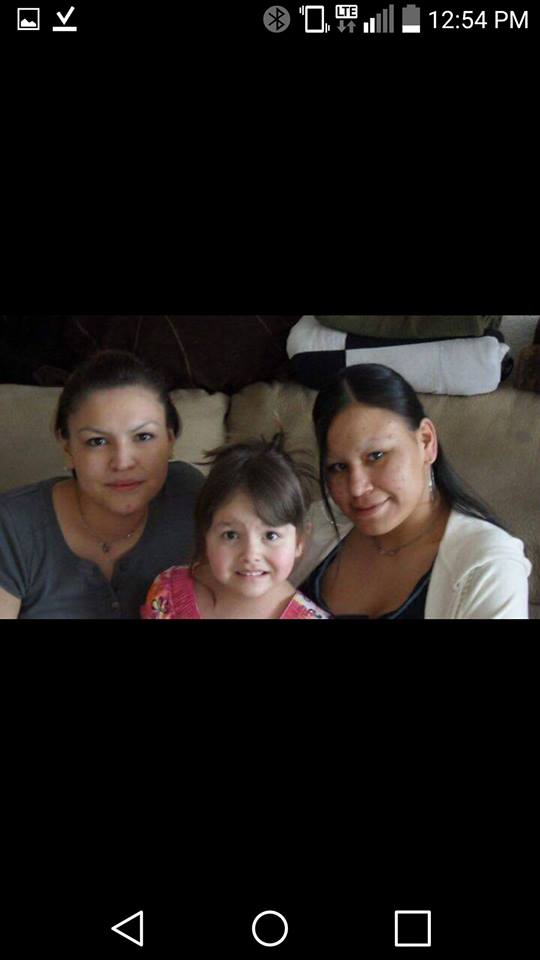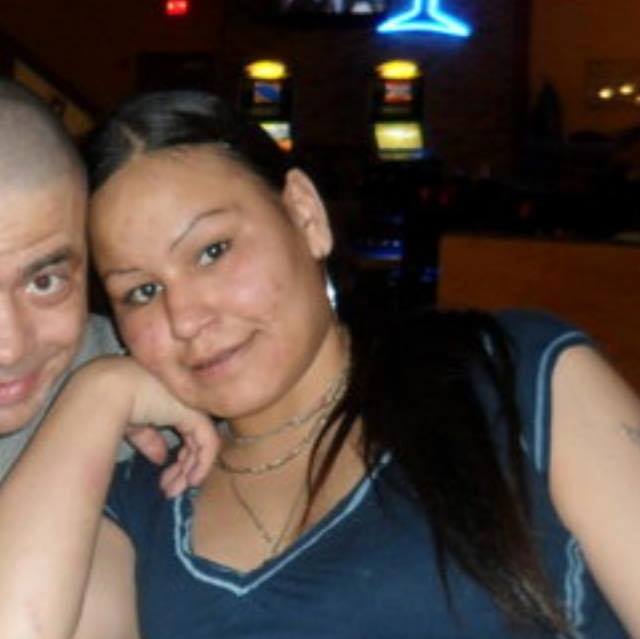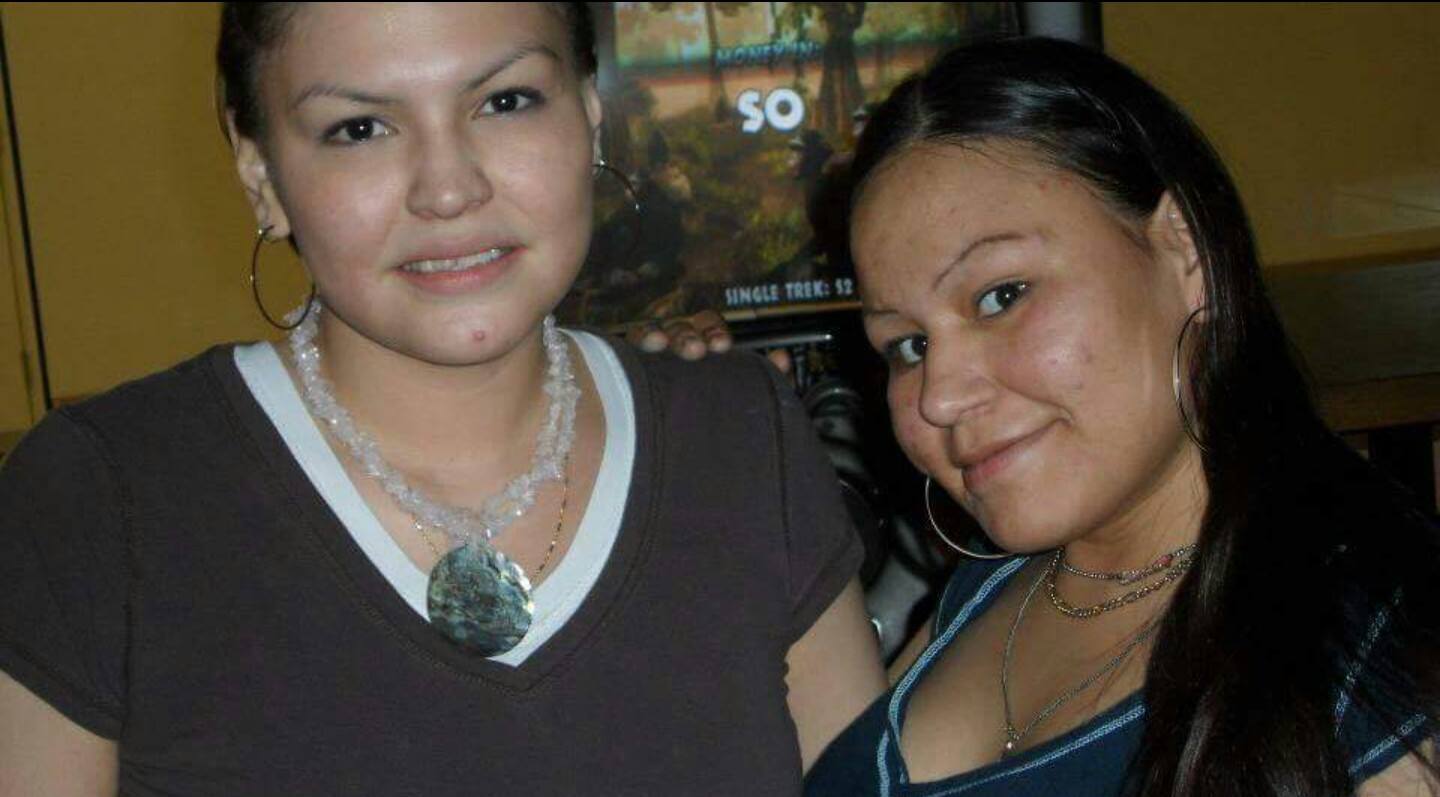Drawings by Mike Ma; Photos from CTV and CBC
By Mike Ma, Wednesday May 9, 2018
Yesterday I went to Metrotown to attend the BC Coroner’s inquest into the death of Deanna Desjarlais. The inquest is presided by Madame Coroner Brynne Redford and a jury of 5 citizens. Deanna was originally from Saskatoon and a member of the Kawacatoose First Nation. She came to BC in late 2015 and was street involved. In May 2016, she was reported missing by her family. Deanna was found dead at age 27 in Surrey’s Hawthorne Park in May 2016, but not identified until September 2017.
On Tuesday, some of the last people to see Deanna testified to the inquest. They included her probation officer, the owner/operator of Lilith Recovery House (where she was released post-incarceration), psychiatrist Nancy Miki, and previous Warm Zone peer co-ordinator: Erica Thompson.
It was Erica’s testimony that was the most informative and riveting. She told the story of how she was contacted by Oaktree Clinic –who was treating Deanna’s HIV and Hep C status—because they were in a bind and needed someone to help Deanna navigate her post-prison release and integration. They needed a post-prison release navigator and the closest person to Deanna was Erica --who was in Abbotsford.
Through Erica’s emotional and raw testimony we learned that Deanna was a very happy and smiley person, but also someone who suffered from various cognitive deficits (e.g. FASD and ADHD) and was a very simple and overly trusting person. Before meeting Deanna for breakfast at a restaurant, Erica talked to her on the phone and asked her if she needed or wanted anything, to which she replied: crayons and coloring books. So, Erica brought her some clothes, pencil crayons and a coloring book and tried to discuss next steps. Deanna had left the recovery house because she was not happy there and had met a man “who helps girls like her” and was staying at his house over the Easter Weekend. After their breakfast and conversation, Eria knew Deanna was in trouble, but Erica’s hands were tied because Deanna had no money and no place to stay and wasn't returning to the initial recovery house to which she was released. Another confounding problem was that Deanna was released just before a long weekend and the state did not establish her income assistance –nor any kind of emergency funding before her assistance paper work could be processed. She had no money. Erica last saw Deanna when she dropped her off at the house of the person who was housing her. When Erica saw the owner of the house, the hairs on her back stood up. Deanna waved good bye with a big smile while hugging the clothes that Erica brought her. Erica immediately phoned all her contacts and pleaded with them to do something for Deanna, but nothing could be done for her until after the long weekend. After the weekend, the clinical team from Oaktree went to the address to deliver her medications, but she was no longer there. Many months later, the Oaktree nursing team called Erica and informed her that Deanna’s remains were found in Surrey.
With powerful emotion, Erica Thompson explained to the Coroner and jury that the release process from jail/prison is a broken process. Deanna was released without any proper co-ordination between the serving agencies who are entrusted with the task to help people like Deanna have a successful re-integration into society post-release. Erica argued that even though much of these problems regarding street involved women were examined during the Commission of Inquiry on Missing Women, presided over by former Attorney General Wally Oppal, http://www.missingwomeninquiry.ca, the same discourse of disposal still surrounds indigenous women. She argued that most of the problems identified in the previous inquiry are still un-addressed in any meaningful way. The same system of disposal is in place.
As Thompson explained, Deanna’s death was not just the product of a lack of support regarding addiction and mental health post-release, but it was also a direct result of her desperate need for proper supportive housing not being met. If Deanna had proper low-barrier housing, then it is likely that she --as a penniless parolee-- would not have sheltered with a complete stranger. An act that may have directly lead to her death.
From APTN News:
Family demands answers as to why Deanna Desjarlais investigation took so long
Uncategorized | September 21, 2016 by Tina House Attributed to: | Comments Off on Family demands answers as to why Deanna Desjarlais investigation took so long.
Dana Morenstein,
explains the context of Deanna Desjarlais' missing women's report:
http://www.cbc.ca/news/indigenous/when-deanna-desjarlais-went-missing-1.3786916

